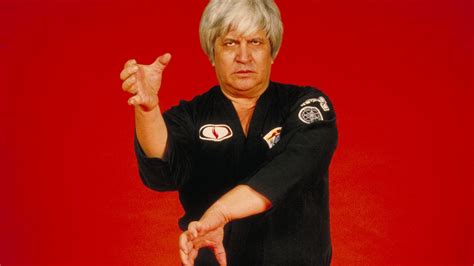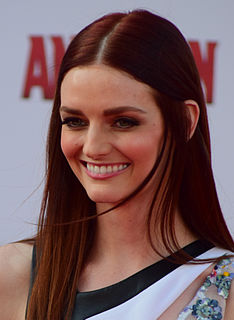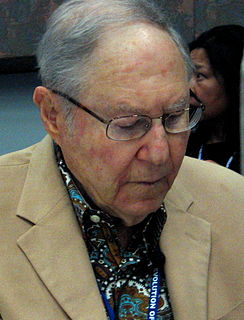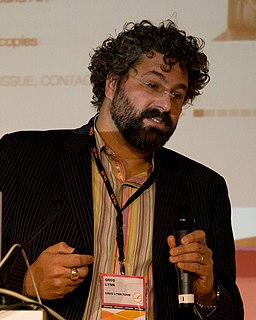A Quote by Martin Filler
Some museum boards think that choosing an architect can be reduced to a science, but it comes down to a matter of taste, pure and simple. A shortlist of prospective designers speaks volumes about the likely outcome. If the candidates' styles are too divergent, the search committee doesn't know what it wants.
Related Quotes
I know of no department of natural science more likely to reward a man who goes into it thoroughly than anthropology. There is an immense deal to be done in the science pure and simple, and it is one of those branches of inquiry which brings one into contact with the great problems of humanity in every direction.
Science talks about very simple things, and asks hard questions about them. As soon as things become too complex, science can't deal with them... But it's a complicated matter: Science studies what's at the edge of understanding, and what's at the edge of understanding is usually fairly simple. And it rarely reaches human affairs. Human affairs are way too complicated.
I understand we have, you know, a very unique situation, a very volatile election, two very high-profile candidates. You want to be very careful about what you do. But, you know, my sense is always - this is with respect to any decision maker - and that is you have procedures in place, when you follow those procedures, you're more likely to get the right outcome and you're less likely to be second guessed simply because you have the procedures and you take away the argument that there are politics involved if you follow the procedures.
The most basic definition of a story is 'Somebody wants something and something's in his way,' and I'm more likely to be engaged if I at least think I know what those two 'somethings' are. They can be simple, they can be complex, but - particularly if you're a beginning writer - I'd rather you err on the side of revealing too much than too little.
On moral grounds, I think that if you believe a certain outcome is a very possible outcome, you have an obligation to tell people that. With global warming, the probability of a bad outcome if we stay on our current emission trends is incredibly high. If you know a bad outcome is likely to happen, what right do you have not to communicate that? You go into a doctor's office, what are they going to do - not tell you the diagnosis?
Science has a simple faith, which transcends utility. Nearly all men of science, all men of learning for that matter, and men of simple ways too, have it in some form and in some degree. It is the faith that it is the privilege of man to learn to understand, and that this is his mission. If we abandon that mission under stress we shall abandon it forever, for stress will not cease. Knowledge for the sake of understanding, not merely to prevail, that is the essence of our being. None can define its limits, or set its ultimate boundaries.
Economics is a theoretical science and as such abstains from any judgement of value. It is not its task to tell people what ends they should aim at. It is a science of the means to be applied for attainment of ends chosen, not, to be sure, a science of the choosing of ends. Ultimate decisions, the valuations and the choosing of ends, are beyond the scope of any science. Science never tells a man how he should act; it merely shows how a man must act if he wants to attain definite ends.
Medicine is the science by which we learn the various states of the human body in health and when not in health, and the means by which health is likely to be lost and, when lost, is likely to be restored back to health. In other words, it is the art whereby health is conserved and the art whereby it is restored after being lost. While some divide medicine into a theoretical and a practical [applied] science, others may assume that it is only theoretical because they see it as a pure science. But, in truth, every science has both a theoretical and a practical side.
There is a reductive nature to the Internet, and it's not limited to comic book news sites and stuff: it's everybody. There is a reductive nature of it, by which anything that's said very quickly gets reduced down to the next. Reduced, reduced, reduced to the point where rumors with some sense of nuance to them just become fact.
Marketers use big data profiling to predict who is about to get pregnant, who is likely to buy a new car, and who is about to change sexual orientations. That's how they know what ads to send to whom. The NSA, meanwhile, wants to know who is likely to commit an act of terrorism - and for this, they need us.



































